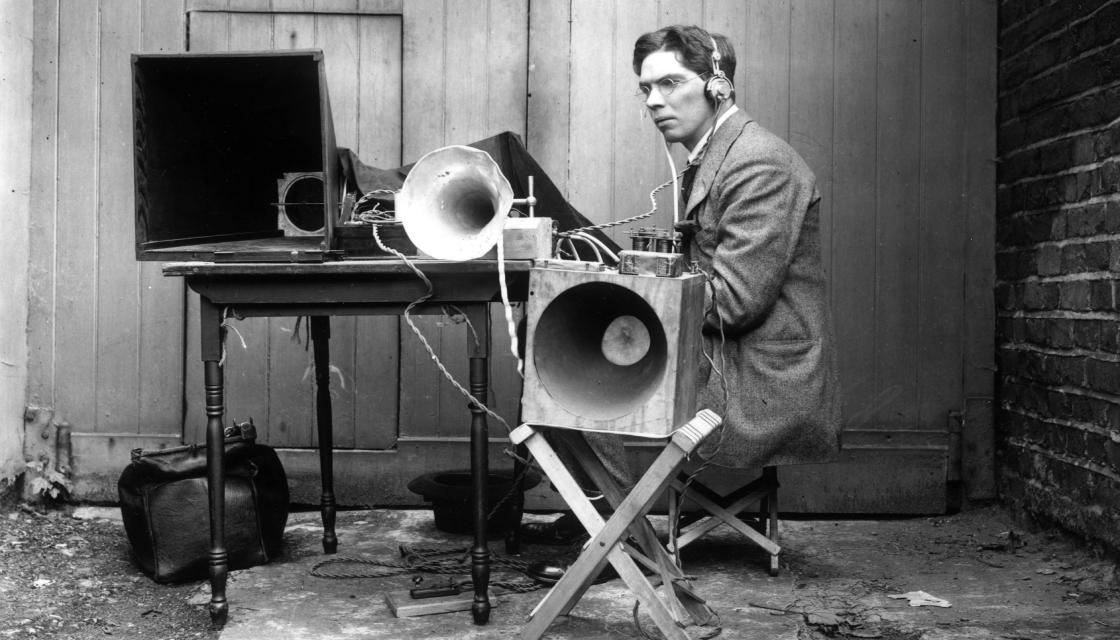Life 100 years ago was a vastly different time to 2023.
Now, we have smartphones, a higher life expectancy, and a great deal more. But these parts of life we see as regular nowadays were to some extent predicted in 1923 by scientists and experts.
A list of somewhat accurate predictions - as well as some that are rather strange - from 100 years ago have surfaced online and delighted social media users.
Paul Fairie, a researcher and instructor at the University of Calgary in Canada, pulled together a list of newspaper articles from 1923 where experts forecast what they believed would happen in 100 years and posted it to Twitter.
In the list, New York scientist and electrical expert Dr Charles P Steinmetz predicted that electrical power would free humans from hard labour by 2023.

"The time is coming when there will be no long drudgery and that people will toil not more than four hours a day, owing to the work of electricity," an article in 1923 noted on his predictions.
"He visualizes an amazing transformation in life in 2023. Every city will be a 'spotless town.' That is to be the work of electricity, also."
But that isn't to say Dr Steinmetz thought people wouldn't stay busy, an article from the Akron Beacon Journal noted about the 100-year-old predictions.
"Leisure will be occupied in productive diversions satisfying the particular instincts of the individual," he said. "We will be more collectivistic in the operation of our essential productive life and more individualistic in the pursuit of personal happiness and contentment. Leisure will stimulate educational interests in every conceivable direction."
English physicist, engineer, and inventor Professor Archibald M Low made several predictions about the future. One mentioned in the list posted to Twitter was his belief that war in 2023 would "be a wireless war".
He thought countries would have weapons including jets of water charged with electricity to kill all animal life, wireless control of tanks, aeroplanes, ships, and submarines, radio "eyes" and "ears" to spy on enemies across great distances, and possibly mental telepathy too.
Prof Low also predicted great strides in technology and imagined there would be a telephone that businesspeople could use in their car, house, or train.
"He will not hear a squeaky voice saying 'What?' every few minutes," he was noted as saying in the Akron Beacon Journal article.
"Probably it will be possible for him to see the person to whom he is talking, and if he desires to make notes that will be read immediately in a book situated miles away."
Another prediction made in 1923, this time by Dr Eugene Lyman Fisk, an expert on longevity, believed the average life expectancy of a person could increase to 100 years. And in individual cases, it could even be 150 or 200 years.
The United Nations estimated a global average life expectancy of 72.6 years for 2019. In New Zealand, the average life expectancy is 80 years for men and 83.5 for women, according to the latest Stats NZ data.
Dr Fisk noted at the time that thanks to medical advances, the average life span had already increased 18 years over the previous two decades.
"It is possible for science to bring about an additional increase in life's span during the next century, as well as place life on a much higher plane," he wrote.
"The age of youth might be carried up to 30 years and man's capacity for work maintained until he is 70 or 80. The physical appearance of human beings might also be changed to some extent."
Lastly, the Buffalo Courier in New York in 1923 reported that scientists said men will have "flowing, curly locks" and all women will have shaved heads.
"We should worry; we won't be here," they wrote.
Another article on the topic from Savannah News added that not only will women be shaving their heads, but they will "pronounce it the height of style" to blacken their teeth.



